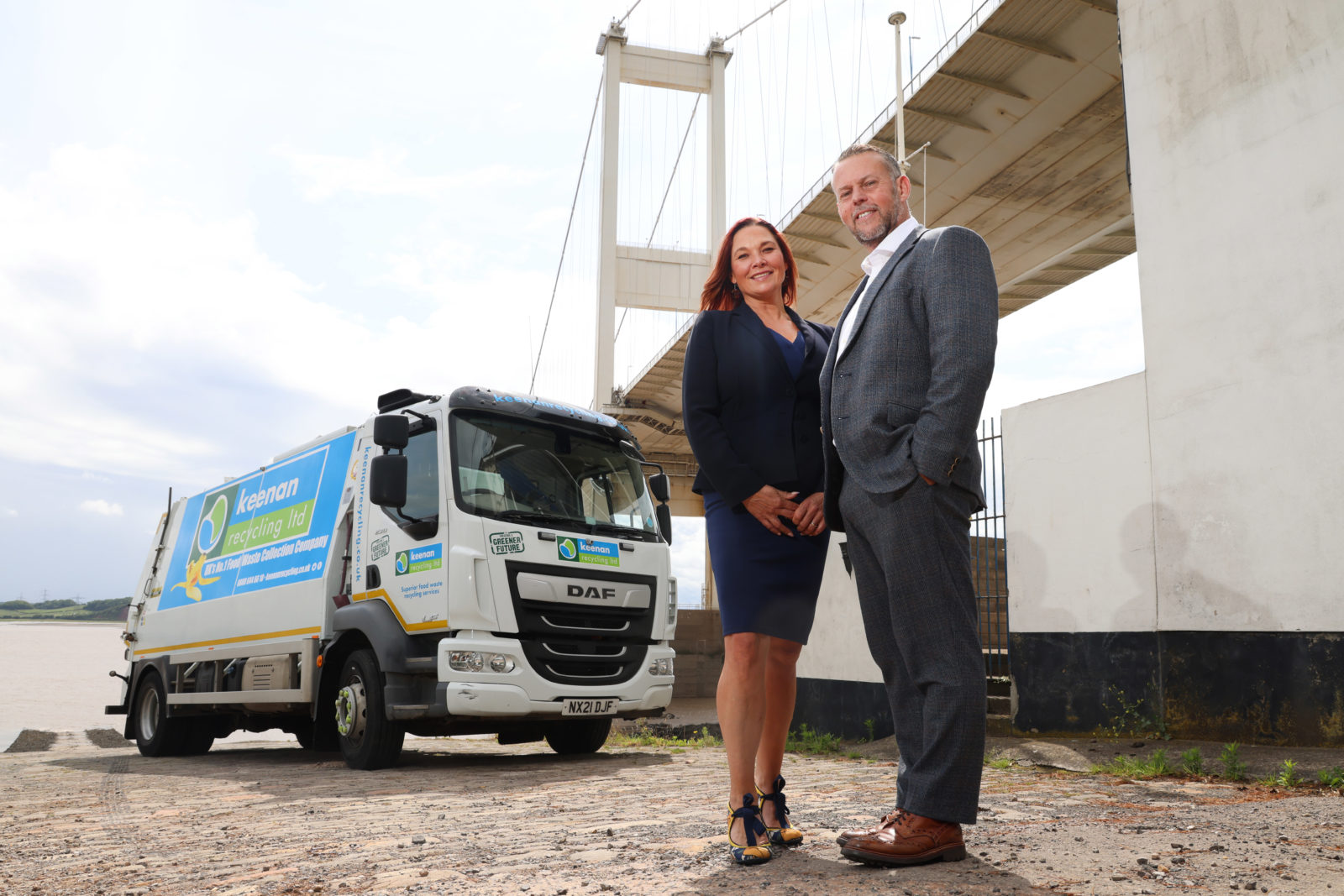The UK’s largest commercial food waste collection company is investing £1m into additional services in south Wales, ahead of new regulations taking effect.
Keenan Recycling, which works with businesses and local authorities to deliver food waste to anaerobic digestion plants, is expanding operations in the region as part of a wider £2m spend to support growth plans.
The Business Growth Fund-backed company already works in Wales, but will be creating up to 10 jobs in the region including drivers and sales roles before the end of the year.
As part of the expansion, ten additional state-of-the-art trucks, which are powered by eco-friendly compressed natural gas, have been ordered.
Five will be destined for south Wales, further strengthening the company’s aspirations to decarbonise the fleet by the end of the decade.
The increase in services comes ahead of new regulations from the Welsh Government that will come in to play in April 2024 which make it a legal requirement to recycle food waste if premises produce more than 5kgs per week.
Managing director of Keenan Recycling Grant Keenan said: “This further expansion in Wales is an exciting step forward for Keenan Recycling as we continue our mission to provide easy and affordable food waste management to organisations of all shapes and sizes.
“With the upcoming legislation, it is imperative that we play our part in providing suitable services to ensure we can meet the growing demand for sustainable recycling collections.
“We are eager to bring more of our expertise, innovation, and dedication to food waste recycling services in the country, and we look forward to bringing more businesses along with us in this sustainable journey.”
Keenan Recycling currently collects and processes more than 100,000 tonnes of food waste each year which is turned into green energy, with all waste converted into biofuel, a key element of its plan to become a zero-carbon firm by 2030.
Grant added: “Food waste is a global challenge, and our commitment to closing the loop and creating a simple and circular process through anaerobic digestion is key to the process.
“By growing our service in Wales, we can not only help businesses work towards achieving their own net zero goals, but also continue our aim of developing a more sustainable future by converting waste into biofuel.”








Leave a Reply
View Comments